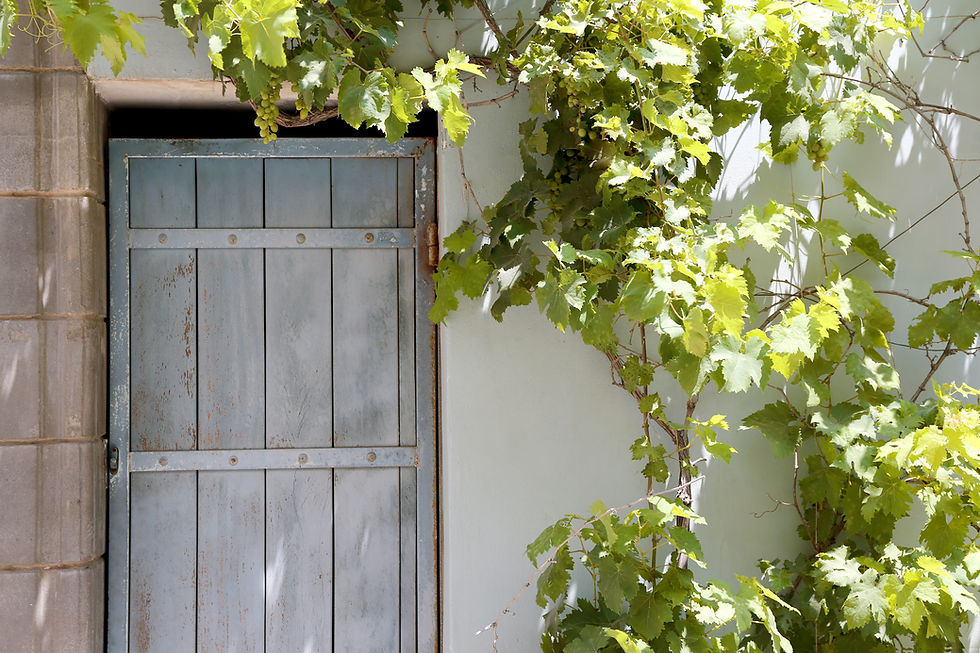Monday Morning Musing: The Beating of the Drum
- stillhotundertheco
- May 5, 2025
- 2 min read
For the first time since I started this Eastertide gratitude practice, I’ve let it lapse. It’s not that I am not grateful for many things, because I am. Still, after some reflection I’ve determined that those things that I am worried/concerned about seem to be shouting more loudly than my gratitude. And I’m not alone. The majority of conversations I’m having these days, pastorally and personally, either begin as a litany of lament for the state of things or find their way there eventually.
Life right now, as is often the case, holds this deep concern for the future even while it holds unnamed gratitude even while it holds the hope of better things even while it holds some difficult days ahead. And my daily task is to care for myself and those I’m called to accompany in ways that are faithful and for the common good. To act and react with compassion and care and never to remain silent in the face of injustice.
I’ve written before about finding hope in the words of poets; in seasons where the world goes mad, the poets have always responded. Our task is to hear. In July of 1861, after the Civil War battle at Bull Run, Walt Whitman penned this poem. Even in its urgency, I hear his own doubt, his own hesitation, his own grief. It echoes my own.
Beat! Beat! Drums!
BY WALT WHITMAN
Beat! beat! drums!—blow! bugles! blow!
Through the windows—through doors—burst like a ruthless force,
Into the solemn church, and scatter the congregation,
Into the school where the scholar is studying,
Leave not the bridegroom quiet—no happiness must he have now with his bride,
Nor the peaceful farmer any peace, ploughing his field or gathering his grain,
So fierce you whirr and pound you drums—so shrill you bugles blow.
Beat! beat! drums!—blow! bugles! blow!
Over the traffic of cities—over the rumble of wheels in the streets;
Are beds prepared for sleepers at night in the houses? no sleepers must sleep in those beds,
No bargainers’ bargains by day—no brokers or speculators—would they continue?
Would the talkers be talking? would the singer attempt to sing?
Would the lawyer rise in the court to state his case before the judge?
Then rattle quicker, heavier drums—you bugles wilder blow.
Beat! beat! drums!—blow! bugles! blow!
Make no parley—stop for no expostulation,
Mind not the timid—mind not the weeper or prayer,
Mind not the old man beseeching the young man,
Let not the child’s voice be heard, nor the mother’s entreaties,
Make even the trestles to shake the dead where they lie awaiting the hearses,
So strong you thump O terrible drums—so loud you bugles blow.






Comments